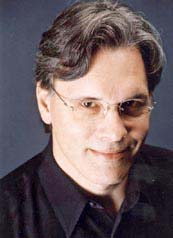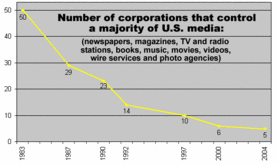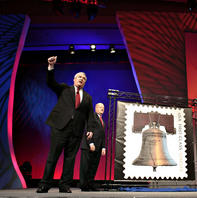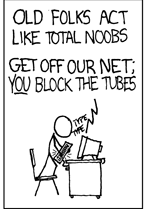 I don’t usually blog
the same article twice, but Cringely said something
else important (the all-caps emphases are his):
I don’t usually blog
the same article twice, but Cringely said something
else important (the all-caps emphases are his):
Now let’s look at this in the context of net neutrality. For the cable companies, at least, it probably doesn’t matter. That’s because while cable Internet service and cable VoIP service both use the CMTS, it is easy for the cable company to configure its VoIP product as completely separate from its Internet product. IF YOUR CABLE OPERATOR WILL SELL YOU VOIP SERVICE WITHOUT INTERNET SERVICE, THEN NET NEUTRALITY DOES NOT APPLY.The various VoIP companies better be worried about this trick, because it’s all the incumbent duopoly really needs to say their own VoIP is an essential public service and any others are interfering with public safety. Continue readingIf excess Internet traffic causes problems for the VoIP services of these cable companies, they can prioritize their own VoIP packets with impunity because VoIP isn’t defined as an Internet service. And for that very reason, packet prioritization can — and will — occur even if the broadband ISP has signed an agreement promising net neutrality.
The next level of this ploy is to validate the un-Internetiness of the VoIP system through public service interconnects like 911. “Should calling the police get priority treatment?” will be the question and most courts won’t say “no.”
— Beyond Net Neutrality: If at first you don’t succeed, change the game. Robert X. Cringely, I, Cringely, April 6, 2007








 This make me wonder:
This make me wonder: